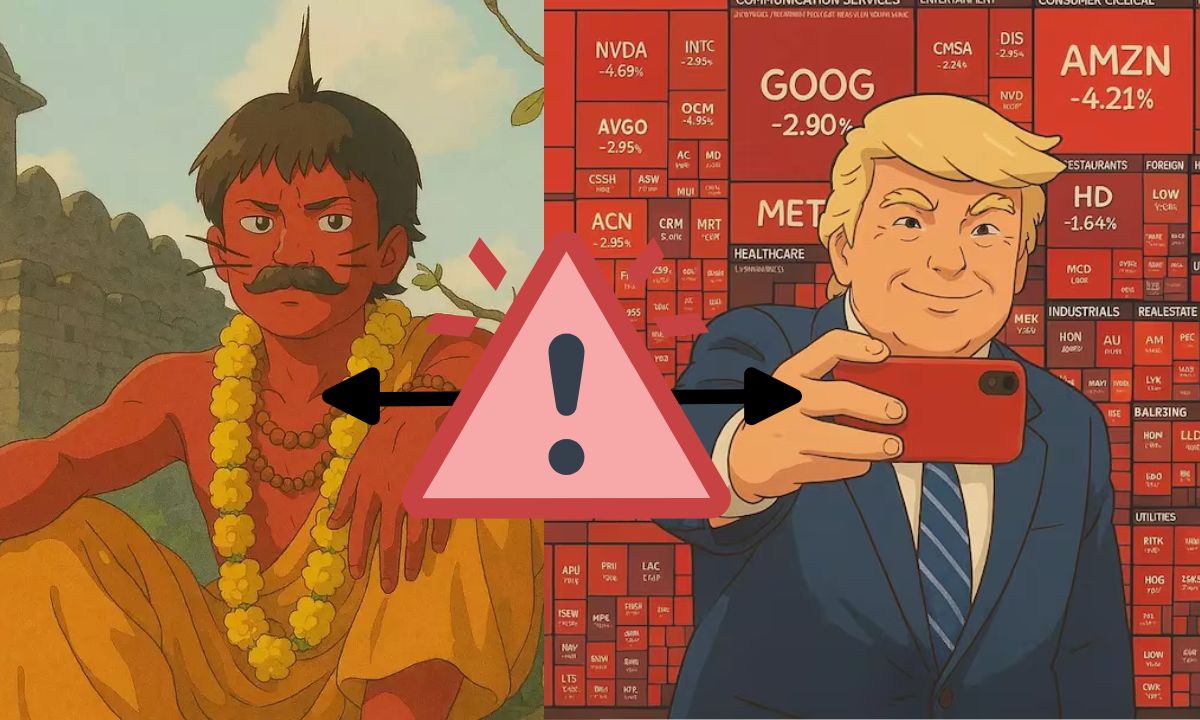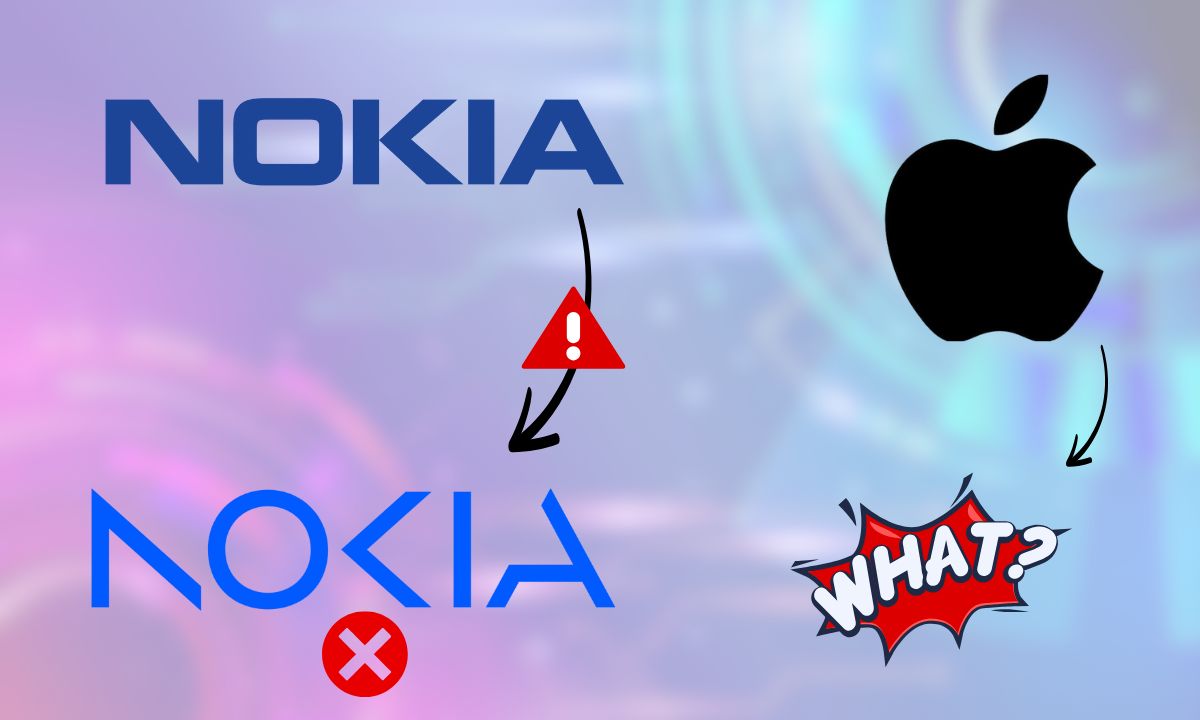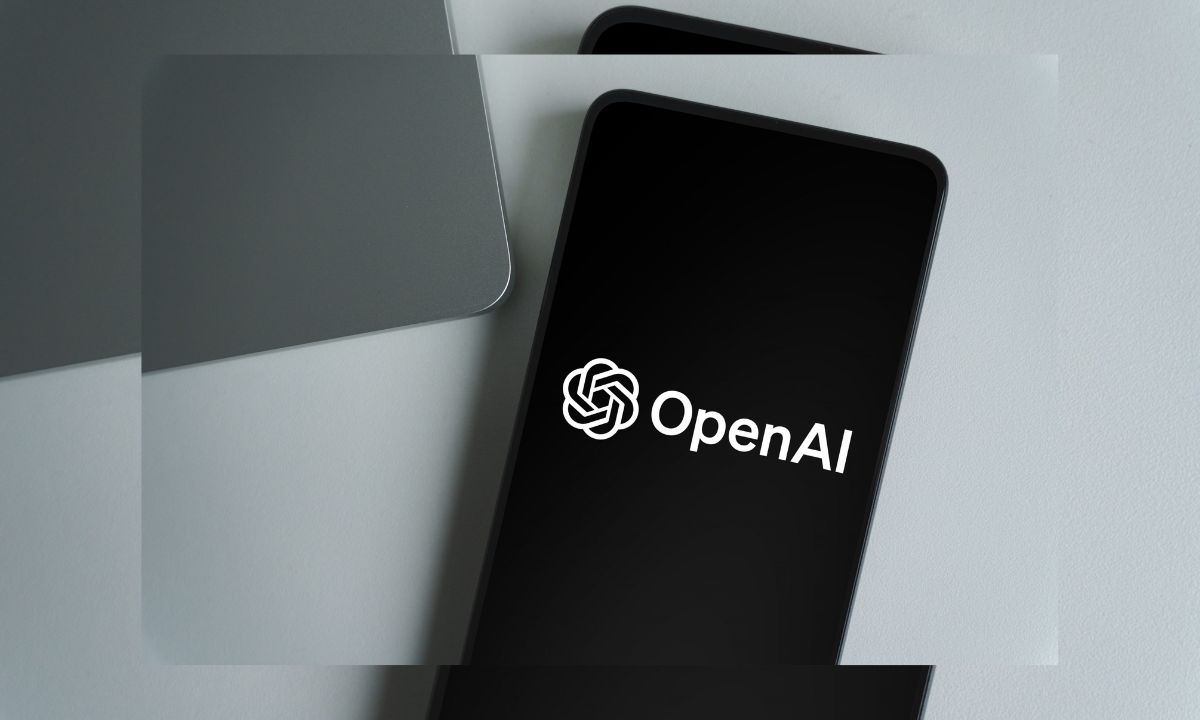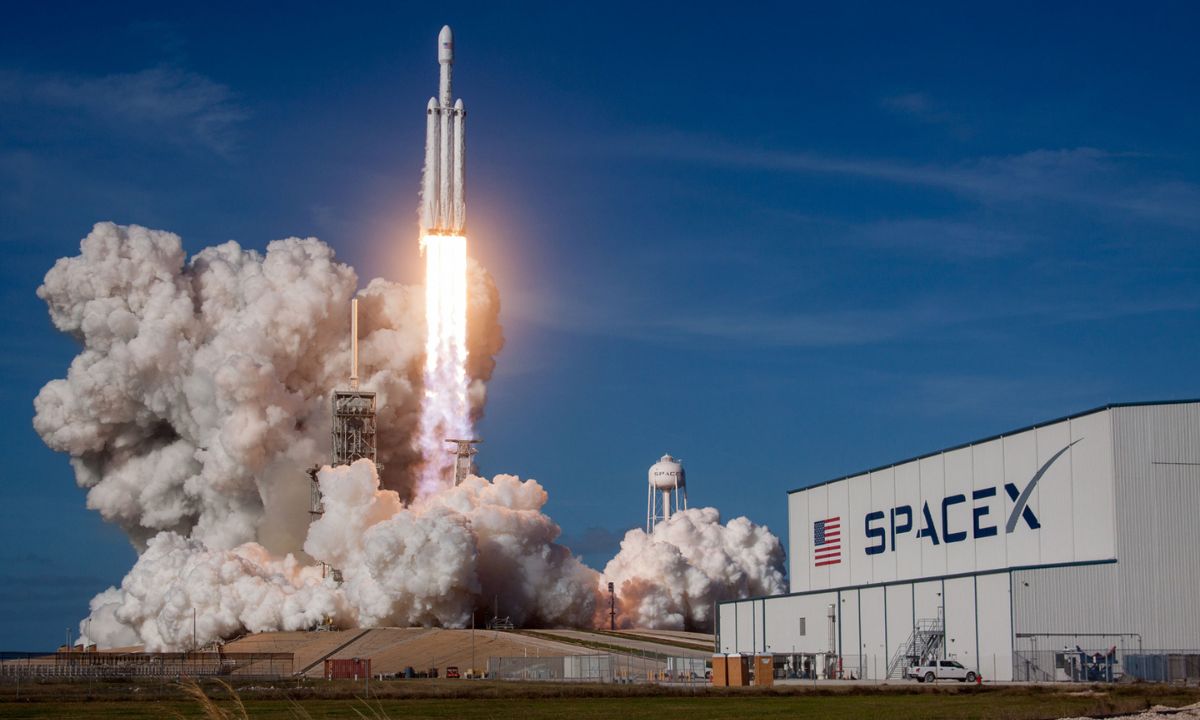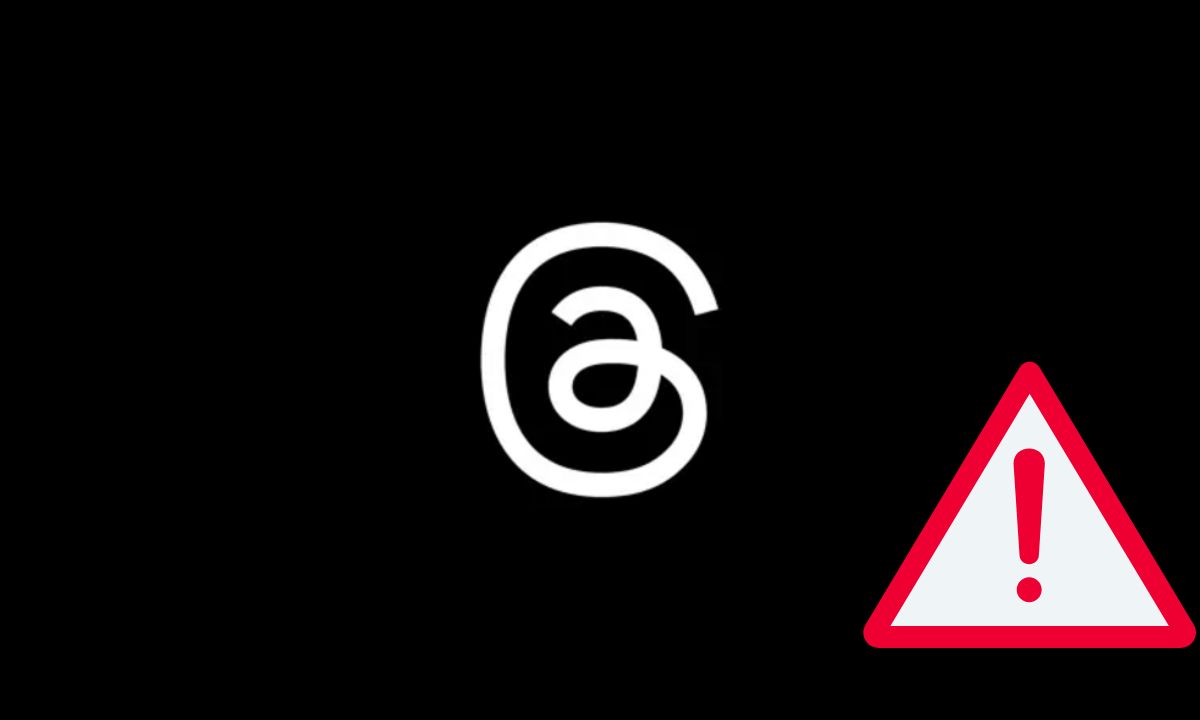A new image feature introduced by ChatGPT is taking over social media. It transforms real user photos into animated Ghibli-style avatars that look like characters from Japanese cartoons. The feature has quickly gone viral.
From world leaders to celebrities and regular users, everyone is enjoying the fun of creating and sharing these cartoon-style avatars online.
What Is a Ghibli Avatar?
In ChatGPT’s latest version, users can upload personal photos or popular memes and turn them into beautiful Ghibli-style images. Elon Musk’s chatbot Grok also offers a similar image generation feature through his xAI platform. Users can use it for free to create cartoon-style photos.
Hidden Privacy Risks Behind the Trend
While the trend is entertaining, privacy experts are raising serious concerns. They warn that OpenAI might be using this trend to collect millions of user photos to train its AI systems.
By uploading personal photos, users may be unknowingly sharing fresh facial data, which creates serious privacy concerns.
What Is Studio Ghibli?
Studio Ghibli is a world-famous Japanese animation studio founded in 1985 by Hayao Miyazaki, Isao Takahata, and Toshio Suzuki. The studio has produced hit animated films like Spirited Away, Princess Mononoke, and Howl’s Moving Castle. It is often called the “Disney of the East,” although it has a unique artistic identity and storytelling style.
Ghibli’s animations are hand-drawn, full of emotion, and deeply artistic. They focus on nature, realistic backgrounds, and meaningful expressions that are very different from today’s fast digital designs.
In 2024, Miyazaki’s film The Boy and the Heron won the Oscar for Best Animated Feature.
Miyazaki’s Thoughts on AI Animation
Hayao Miyazaki strongly supports traditional hand-drawn animation. He believes that true art reflects the artist’s soul. He has always criticized AI-generated content, saying it lacks emotion and human touch.
In a 2016 documentary, he reacted to an AI animation by saying that the creators had no idea what pain was and that using such technology disrespects life.
AI Copying Ghibli’s Style Raises Questions
The viral Ghibli avatar trend also brings up copyright concerns. Experts believe AI tools might misuse Ghibli’s unique artistic style, which could harm the careers of real human artists.
Miyazaki himself has questioned the use of AI in animation. Privacy advocates also argue that this trend goes beyond art—it is a smart data collection method by AI companies like OpenAI.
Experts Warn About Photo Data Collection
Lucia Jarovsky, a Brazilian researcher and co-founder of the AI, Tech & Privacy Academy, warned users in a post on X. She said the Ghibli trend is not just about fun or creativity—it’s a clever way for OpenAI to collect thousands of personal images.
Why This Matters for Privacy
Users Give Consent Without Realizing
In the European Union and other regions, AI companies like OpenAI must follow privacy laws like the GDPR. Normally, collecting personal photos from the internet requires legal justification.
But when users upload their own photos, OpenAI can use them legally under the “user consent” rule. This allows the company to avoid strict legal tests and use the data freely.
AI Gets Access to New, Private Photos
People are now uploading personal, family, or even private photos that have never been shared online. OpenAI gets these fresh images for free. Other AI companies and social platforms can only see the edited cartoon versions—not the original photos.
The Trend Keeps Growing
Despite the warnings, the trend is still growing fast. Many users are joining simply because it’s easy. All they need to do is upload a photo on ChatGPT—no need to use third-party apps.
But privacy experts remind us to think carefully. While these AI tools seem fun, they also raise big questions about how personal data is being collected and used.
